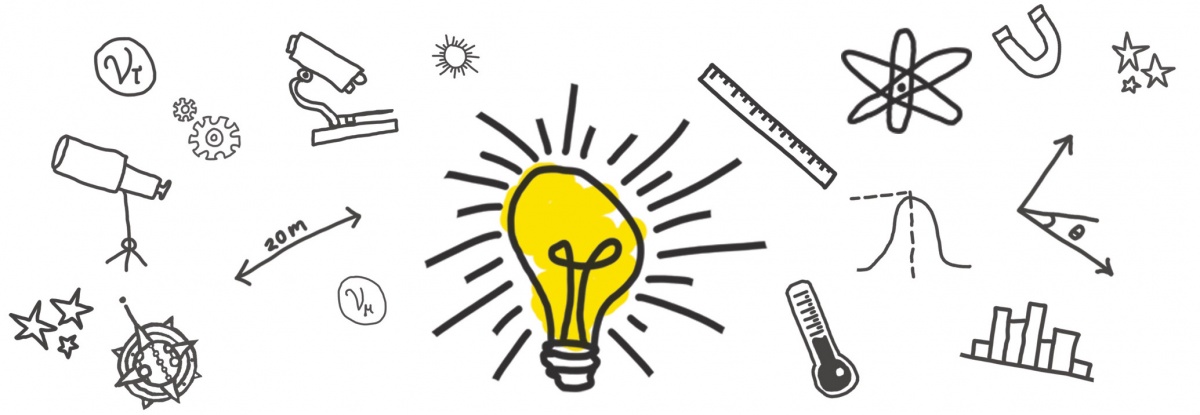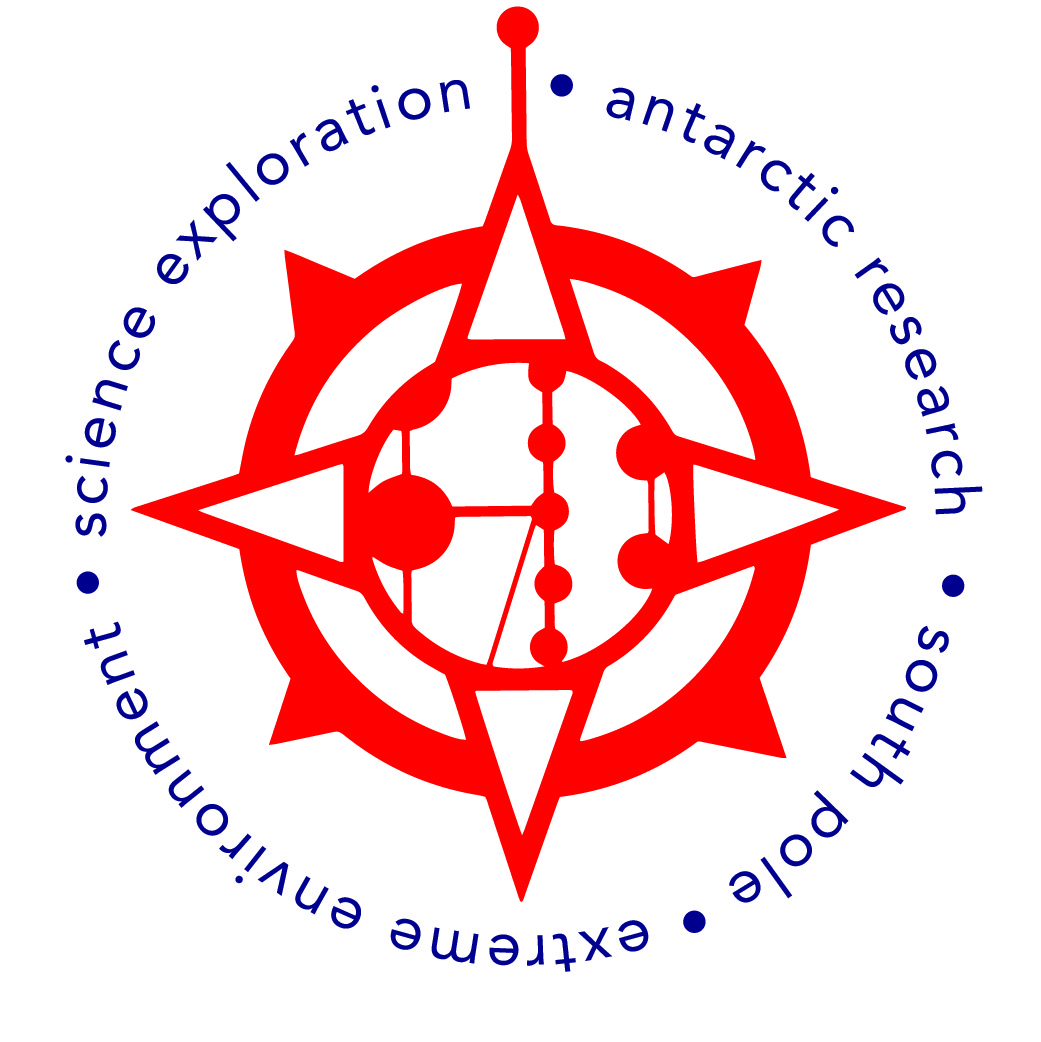
Did you know that encouraging scientific collaboration is one of the principles of the Antarctic Treaty, which governs all activities in the southernmost continent and looks after its conservation?
Antarctica offers many opportunities for research, but they are not free from the challenges of working in such a unique environment.
Remember your goal: design an experiment that will work in your hometown but that would give a different result if repeated at the South Pole. You will need to perform the experiment in your hometown and tell us what would change if the experiment had been performed at the South Pole.
Consider what is different at the South Pole: low temperatures, high altitude, isolation, and a protected environment, for example.
See below for the timeline and rules of the South Pole Experiment Contest. For any questions about deadlines or contest rules, please write to SPexperiment at icecube.wisc.edu.
The contest timeline
- Submit your project by November 10
- The contest jury will select one experiment per participating country by November 24.
- The selected experiments will be performed at the South Pole by IceCube researchers and PolarTREC teacher Lesley Anderson during the 2017-2018 summer South Pole season (November 2017 – February 2018). You will be able to follow them on IceCube’s social networks, Facebook and Twitter, and on Lesley’s PolarTREC journal.
- The results of the South Pole Experiment Contest will be presented in a virtual outreach session in April 2018.

The contest rules
Please read in detail!
The purpose of these regulations is to ensure the safety of students and the IceCube personnel running the experiments. They are also intended to illustrate the importance of ethics in scientific research. We encourage you to approach your work in a structured manner, keeping safety and security in mind, as every research professional should do.
Failure to comply with these rules may lead to withdrawal of the project. We reserve the right not to carry out an experiment at the South Pole in the event of unforeseen circumstances.
Eligibility:
- This contest is open to student groups from Belgium, Germany, and the U.S.
- The student group can be a full classroom team or a smaller team, but must include at least four students.
- All students in a participating team must have been born between 2002 and 2008.
- Each team can submit only one experiment, and each individual student can only be part of one group.
- Groups must complete the registration form, including the project summary and the lab report, by the specified due dates.
- All materials must be submitted in Dutch or French for participants from Belgium, in German for participants from Germany, and in English or Spanish for participants in the US.
The Experiment:
- Each group will submit an experiment that they have performed in the participant’s hometown but would give a different result if repeated at the South Pole.
- The experiment must have scientific content or a scientific procedure.
- An experiment cannot compromise the safety or security of anyone at the South Pole.
- Experimental projects on living or dead plants, animals or insects are prohibited. This includes prohibited use of microorganisms and seeds.
- The activities required to run the experiment at the South Pole shall not exceed three hours, which can be spread over several days (e.g., 15 minutes a day).
- The use of compressed gas or aerosol tanks is prohibited.
- No flames are permitted (e.g., burner, candle, etc.). Other sources of heat (e.g., kettle, hot plate, etc.) may be used but must be approved. Ask questions early!
-
The following groups of chemicals are prohibited:
- Carcinogenic, mutagenic, or teratogenic products, such as benzene and its derivatives, PCBs, dioxins, or products representing a high risk of toxicity, such as arsenic or its derivatives, cyanides, or mercury (even in the form of a thermometer).
- Explosion-hazardous or other chemical compounds belonging to a class of substances presenting a risk of spontaneous, exothermic, or gas-producing reaction.
- Products with a high risk of flammability, such as volatile solvents, acetone, methanol, ethanol, ethers, or reactive metals or their derivatives, such as sodium or magnesium and flammable gases, such as alkanes (e.g., propane) or corrosive and highly reactive elements, such as chlorine or hydrogen.
- Chemicals or mixtures producing strong odors, for example, volatile sulfur derivatives, such as hydrogen sulfide or thiols.
- Illegal substances such as amphetamines, barbiturates, cocaine, morphine, etc.
- Radioactive substances, radioisotopes, and radiation ionizing agents.
-
Although there is a surprisingly wide range of supplies and equipment at the South Pole, you might want to verify that all the things needed for your experiment will be available. A project may use any items commonly found in a laboratory or a dwelling place such as:
- Laboratory equipment: multimeter, beaker, etc.
- Sports equipment: golf ball, volleyball, ski, etc.
- Kitchenware: casserole, etc.
- Construction equipment or tools: shovel, hammer, etc.
Intellectual Property:
- Any project that involves a form of plagiarism (e.g., borrowing from third parties without mentioning the original), even minimally, will be disqualified.
- Participants authorize the organizers to use in their publications the title of the project, the names of the authors and their school, and any text provided by the authors as well as photographs and video recordings of their project. This authorization is extended to the media.
- The project remains the intellectual property of its authors. Please be aware that content and multimedia resources shared with IceCube will be shared publicly and could compromise any future patent application.
Jury:
A jury panel in each country will evaluate projects in a single round. In Belgium and the US, the jury will include bilingual speakers (Dutch/French and English/Spanish). The jury will include at least a teacher, a senior IceCube researcher and an IceCube early-career researcher that is deploying or has deployed to the South Pole. The jury may also include volunteers with expertise in science communication and other relevant topics.
The jury will evaluate each project according to the following criteria:
- the scientific motivation of the project
- originality
- feasibility and compliance with the contest rules
- the quality of the laboratory report
